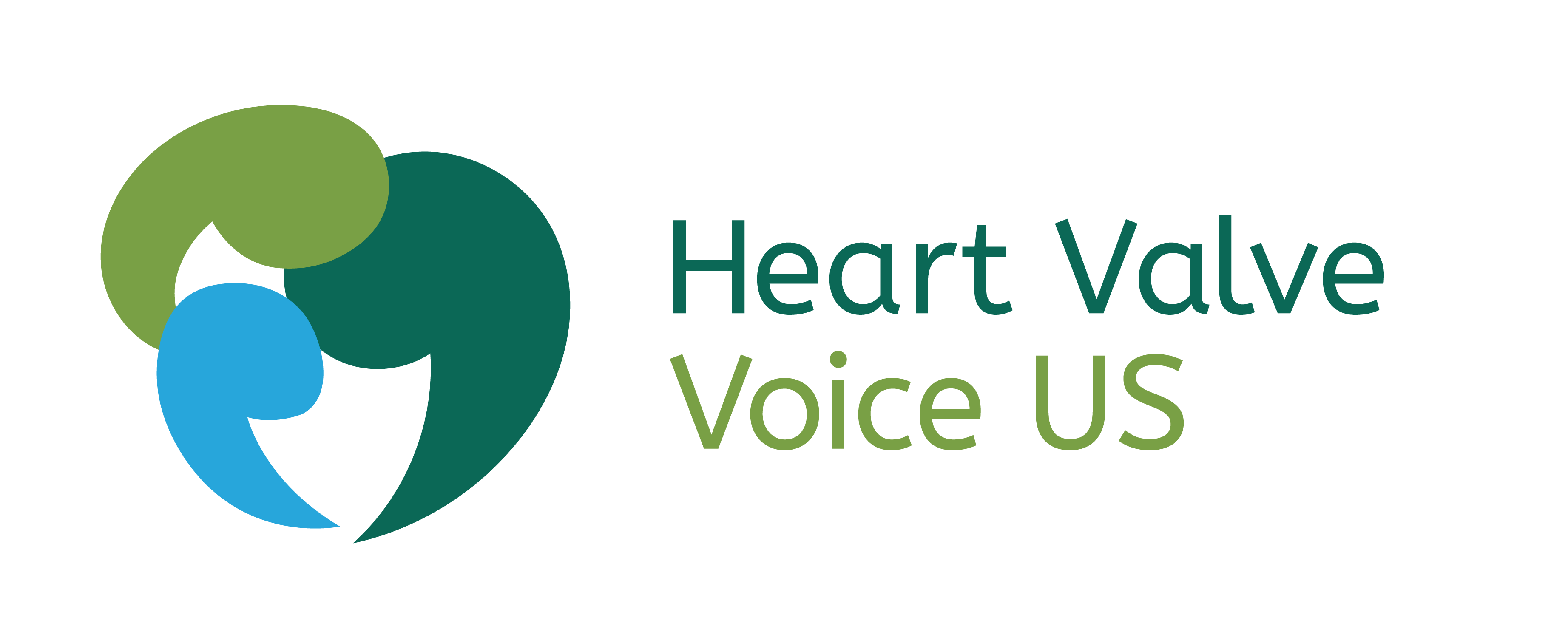To download this page as a PDF, click here.
Centers for Medicare and Medicaid Services
- Updated guidance related to elective surgeries may be found here.
- Recommends a tiered system based on acuity to determine need for in-person services. Evaluation of new symptoms in a new patient is viewed as the highest acuity tier with a recommendation for not postponing in-person evaluations.
- Differs from original guidance published March 18, which created more detailed tiers. In the original guidance, elective angioplasty was considered Tier 2a (consider postponing) while cardiac events with symptoms were considered the highest acuity
Centers for Disease Control and Prevention
- Interim guidance for health care facilities, which includes brief recommendations on elective surgeries, may be found here.
Association of Black Cardiologists
- Recorded webinar from April 8, 2020 – At the Heart of the Matter: Unmasking the Invisibility of COVID-19 in Diverse Populations can be found here.
American College of Surgeons
- Original March 17 guidance on elective surgery triage may be found here.
- Guidance assumes an overall COVID response time of six-eight weeks, which provides the basis of elective surgery delay.
- Updated general guidance on elective case triage guidelines may be found here.
- General recommendations are to abide by sound surgical judgment, to hold procedures during the day rather than night due to staffing and should utilize laparoscopy or other minimally invasive techniques.
- Guidance specific to cardiac surgery may be found here.
American College of Cardiology (ACC)
- General COVID clinical guidance for the cardiovascular care team may be found here.
- Joint ACC/Society for Cardiovascular Angiography and Interventions (SCAI) guidance on patients referred for structural heart disease interventions during the COVID outbreak may be found here.
- For patients with aortic stenosis, delay of transcatheter aortic valve replacement (TAVR) is depending upon symptoms and risk of clinical deterioration. Asymptomatic may be delayed up to three months.
- For patients requiring transcatheter mitral valve repair (TMVR), many percutaneous mitral valve repairs may be deferred with several exceptions (see page 7 of guidance).
Society for Cardiovascular Angiography and Interventions (SCAI)
- Joint ACC/Society for Cardiovascular Angiography and Interventions (SCAI) guidance on patients referred for structural heart disease interventions during the COVID outbreak may be found here.
- For patients with aortic stenosis, delay of transcatheter aortic valve replacement (TAVR) is depending upon symptoms and risk of clinical deterioration. Asymptomatic may be delayed up to three months.
- For patients requiring transcatheter mitral valve repair (TMVR), many percutaneous mitral valve repairs may be deferred with several exceptions (see page 7 of guidance).
- A recorded webinar from April 2, 2020 describing management of TAVR programs during COVID-19 may be found here.
- A recorded webinar for cardiovascular specialists and the COVID-19 response may be found here.
American Heart Association
- A COVID-19 question and answer (Q & A) document providing information to those seeking heart-related inventions, including heart valve interventions, may be found here.
Society of Thoracic Surgery (STS)
- COVID-19 guidance for triage of thoracic operations may be found here.
Ambulatory Surgery Center Association (ASCA)
- Guidance for ambulatory surgical centers (ASCs) on necessary surgeries may be found here.
- The guidance notes that cases that may need to occur without delay are those where “a condition where prognosis would significantly worsen with a delay in treatment.” This could include patients with severe arterial stenosis or other maladies.
Children’s Hospital Association
- COVID-19 elective surgery/procedure guidance may be found here.
State-Based Guidance
- The Ambulatory Surgery Center Association has created a resource related to guidance on elective surgeries for the individual states that may be found here. Many of these recommendations are based on a health care facility or individual health care workers exercising their judgment on triaging elective and non-elective surgeries.
